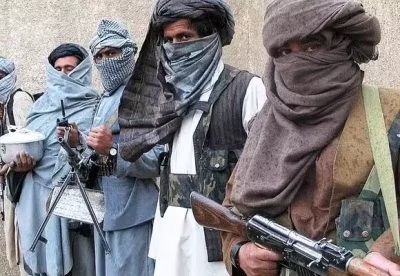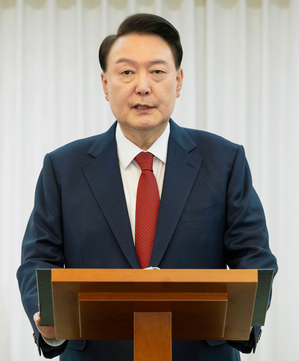
Washington, Nov 28 (IANS) Under Asim Munir’s leadership, the Pakistani army has been accused of manipulating elections and carrying out a brutal crackdown on prominent political party Pakistan Tehreek-e-Insaf (PTI), whose leader and former Prime Minister Imran Khan remains imprisoned, a report said on Friday.
It added that the new 27th amendment to Pakistan’s Constitution grants an additional five years in power to Field Marshal Munir, giving him complete control over the country’s nuclear arsenal with lifelong immunity from prosecution, thus pushing the country closer toward direct military rule.
According to a report in American news outlet ‘The Christian Science Monitor’, when Field Marshal Munir assumed his new position on Thursday as Pakistan’s first-ever “Chief of Defence Forces”, he effectively cemented his status as the most powerful man in the country.
“The new job was created after parliament passed a constitutional amendment this month that puts Field Marshal Munir also in control of Pakistan’s navy and air force, and grants him lifelong immunity from prosecution. But though the title is new, there is a sense of history repeating itself. Since gaining independence in 1947, Pakistan has oscillated between civil and military rule. Military dictators have governed directly for 33 of the country’s 78-year history. For the other 45, the military has wielded its influence from the shadows, by making and breaking governments and manipulating politicians,” it detailed.
The report stressed that the 2013 General Election witnessed Pakistan’s first-ever transfer of power from one elected civilian government to another. By the time the country went to the polls once again in 2018, the Pakistani parliament had completed two consecutive terms – marking yet another significant first.
“To counter this challenge to its hegemonic control, the military began to cultivate Imran Khan as a third-way candidate and brought him to power in that same election. Khan, a famous cricketer turned philanthropist, campaigned on breaking the cycle of corruption that he claimed had been imposed on Pakistan by the PMLN and the PPP,” the report mentioned.
Shuja Nawaz, a former distinguished fellow at the American think tank Atlantic Council, argued that without the military’s backing, Imran Khan, “would not have won the seats that made him the Prime Minister.”
The report stated that in the following “hybrid regime”, a term used by the media for Khan’s tenure, democratic norms were eroded once again. And when tension resurfaced between Khan’s government and the army, the latter orchestrated his removal through a vote of no confidence in April 2022.
On the other hand, reacting to Pakistan’s 27th constitutional amendment, historian Ayesha Jalal said, “What we’re witnessing now is a military, which has been strong, becoming even stronger”.
–IANS
scor/as




